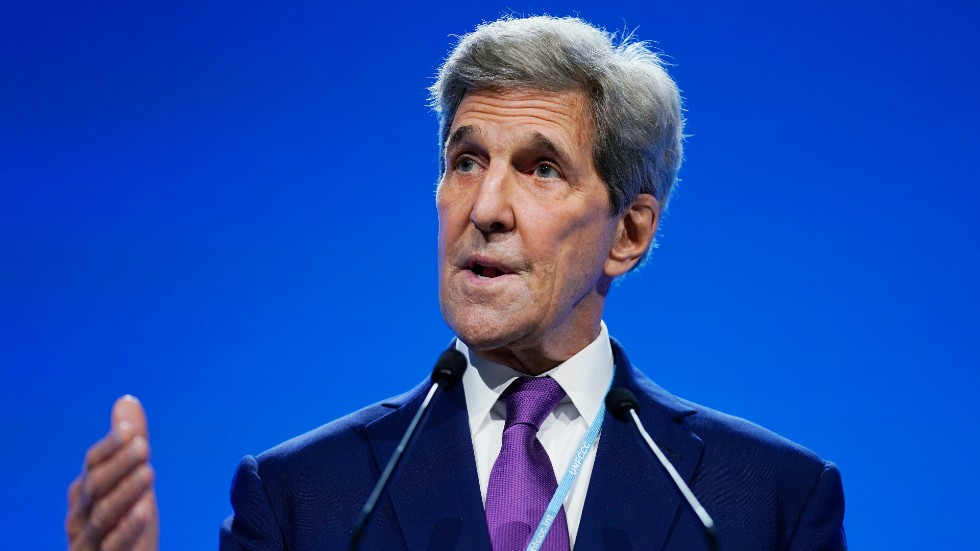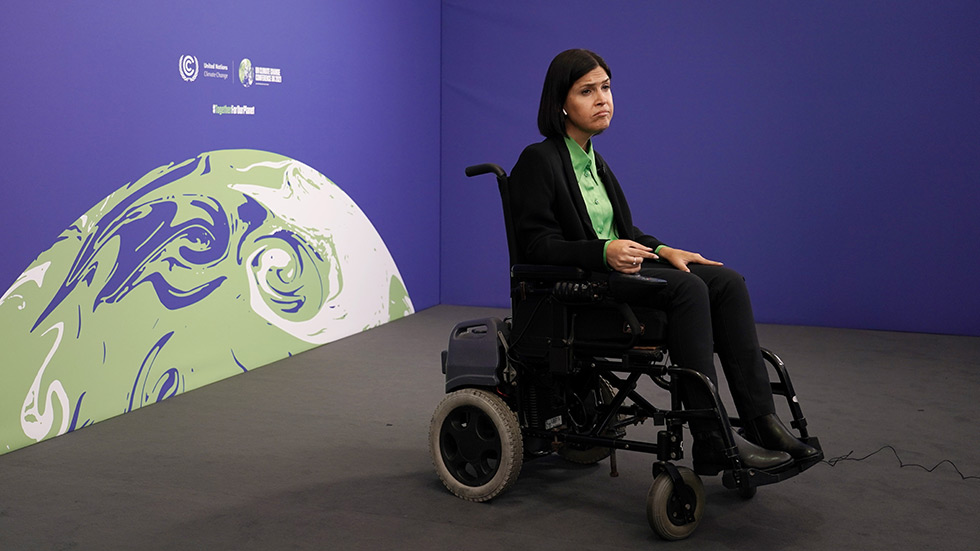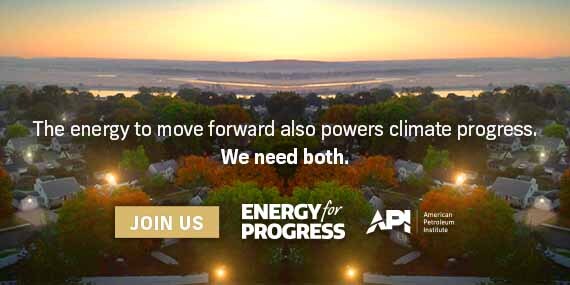Overnight Energy & Environment — Presented by The American Petroleum Institute — COP26 ambitions could keep warming to 1.8 degrees

Welcome to Friday’s Overnight Energy & Environment, your source for the latest news focused on energy, the environment and beyond. Subscribe here: digital-stage.thehill.com/newsletter-signUp.
Today we’re looking at the potential impact of pledges from the U.N. climate conference (COP26), U.S. climate enjoy John Kerry’s calls for continued action after the summit ends and how an accessibility controversy in Glasgow highlights climate changes’ disproportionate harm on disabled people.
For The Hill, we’re Rachel Frazin and Zack Budryk. Write to us with tips: rfrazin@digital-stage.thehill.com and zbudryk@digital-stage.thehill.com. Follow us on Twitter: @RachelFrazin and @BudrykZack.
Let’s jump in.
Analysis: Summit pledge could limit warming

An analysis released Thursday shows that new pledges announced at the COP26 climate conference could keep global warming below 2 degrees Celsius — in line with a key Paris agreement goal — if they’re actually implemented.
The International Energy Agency (IEA) said that, based on the new pledges, countries could limit the Earth’s warming to 1.8 degrees Celsius above pre-industrial levels in the year 2100.
This is down from projections from before the conference that warming would reach 2.1 degrees Celsius in the same period. The change is a result of new global pledges aimed at reducing emissions, and some countries — including India — announcing new climate targets.
But it’s not that simple: But the agency notes that countries’ policies haven’t necessarily been in line with their rhetoric in the past. It said that based on the policies countries have actually announced, the world will have warmed by 2.6 degrees at the end of the century.
The IEA is an influential agency that launched in the 1970s to help coordinate a response to oil supply disruptions. It now also focuses on various types of energy and often puts out climate analyses.
This 2.6 degree figure is well above the Paris agreement goal of limiting warming to below 2 degrees to avoid the worst impacts of climate change.
The IEA said on its website that it is “essential” for countries to actually put policies in place that live up to their pledges.
Read more about the analysis here.
A MESSAGE FROM API
Through innovation and new partnerships, we’re providing energy and reducing CO2 emissions. Learn more.
Kerry calls for global ‘follow through’

U.S. special climate envoy John Kerry on Friday called for “follow through” after the United Nations climate summit, noting that the conference, known as COP26, would not be enough to fix the issue of climate change.
He said that he doesn’t think the world will be able to limit warming to 1.5 degrees Celsius — which the U.N. has warned is necessary to stave off the worst climate harms — based only on achievements from the two-week conference.
“The achievement of that is going to require all countries to be part of this. Are we going to have all countries part of this at the sufficient level that we need at the end of this next week? No,” Kerry said, adding that he knew that when he took the job.
So where does that leave us?: But he expressed optimism that the target is still in reach.
“We do know that we can have a critical mass of countries moving in a way that keeps it alive, sufficient that if some of these other countries come on in a year, in 6 months, next year, we can still do this,” he added.
He also said that to get there, more countries have to raise their ambitions or more money needs to flow to the necessary investments.
“The follow through coming out of here is essential,” he said. “Either the follow through is even a greater raising of ambition faster and more pressure put on countries that are not doing some of the things we need or the follow through is that everybody starts to join we get all the money at work that needs to be put to work.”
Read more about Kerry’s remarks here.

An Israeli cabinet minister’s inability to access the COP26 climate summit in her wheelchair has fueled criticism that the conference is part of the problem when it comes to many of the inequalities it was meant to address.
Karine Elharrar, Israel’s energy minister, uses a wheelchair due to muscular dystrophy and was unable to access an entrance at the summit Monday.
“It’s sad that the United Nations, which promotes accessibility for people with disabilities, in 2021 doesn’t worry about accessibility at its own events,” Elharrar tweeted.
While Elharrar was able to attend the conference on Tuesday, and has accepted British Prime Minister Boris Johnson’s apology, the incident illustrated a recurring concern at the summit: that even as the conference seeks to address the impact of climate change on vulnerable communities, it risks boxing out those very people.
Lisa Dale, a faculty affiliate with Columbia University’s Center for Resilient Cities and Landscapes, said the episode “eerily mimics” the implication of climate disasters for disabled people.
In those cases, she told The Hill, “wealthier able-bodied households are more likely to evacuate, find safety, and bounce back afterward. Poorer or disabled individuals will be hit much harder by the same weather event.”
A MESSAGE FROM API
Through innovation and new partnerships, we’re providing energy and reducing CO2 emissions. Learn more.
ON TAP NEXT WEEK
- The House Science Committee will hold a hearing Wednesday titled ‘Weathering the Storm: Reauthorizing the National Windstorm Impact Reduction Program’
WHAT WE’RE READING
National parks face tough calls battling climate change, E&E News reports
Meet the 18 young environmental activists chosen by the UN for its global climate change campaign, The Hindu reports
Indonesia signals about-face on COP26 deforestation pledge, Reuters reports
Wisconsin’s largest utility company plans to drop coal by 2035, WPR reports
ICYMI
Granholm touts ‘really exciting’ provision in infrastructure bill at COP26
Greta Thunberg joins youth activists protesting in Glasgow
And finally, something offbeat and off-beat: A pig-ture is worth a thousand words.
That’s it for today, thanks for reading. Check out The Hill’s energy & environment page for the latest news and coverage. We’ll see you Monday.{mosads}
Copyright 2023 Nexstar Media Inc. All rights reserved. This material may not be published, broadcast, rewritten, or redistributed. Regular the hill posts









